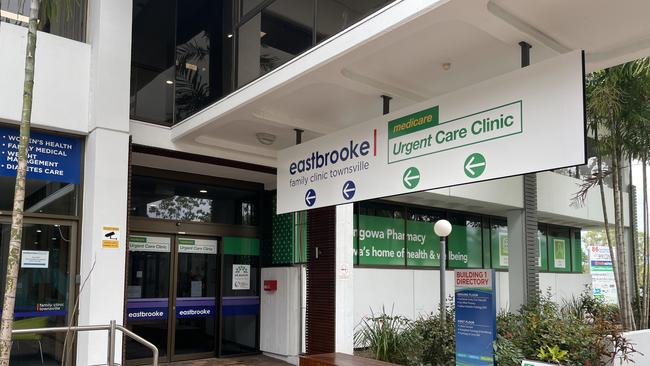Urgent care clinics Qld: 568 patients a day
Queensland’s health system is facing a new challenge – how it can be solved remains a riddle.

QLD Politics
Don't miss out on the headlines from QLD Politics. Followed categories will be added to My News.
Queensland’s free urgent care clinics are treating an average of 568 patients per day, with a 15 per cent spike in presentations over the Christmas-new year period.
The surge in patients is on the back of demand for after-hours care, with weekends proving the busiest times, accounting for one in four visits, while during the week more than 25 per cent of presentations are at 5pm or later.
The bulk-billed Medicare urgent care clinics are diverting patients away from public emergency departments and satellite hospitals.
But the state government said increasing GP Medicare rebates and expediting aged care and NDIS assessments would be the key discussion points in the lead-up to the federal election over a need for more urgent care clinics.
The most common reasons for the 186,500 total presentations recorded at Queensland urgent care clinics to December 30 were for conditions such as lacerations, upper respiratory tract infections, coughs and ear infections, with more than one in four visits from patients under 15 years old.
Morayfield, north of Brisbane, has the busiest clinic in the state, with an average of 89 patients presenting each day. The Oxley clinic, which opened in November, is treating an average of 17 patients per day.
From December 17-30 in Queensland there was a 15 per cent increase in presentations compared to the previous fortnight, excluding data from the latest Goodna and Hervey Bay locations, which opened only last month, taking the number of clinics in the state to 16.
Federal Health Minister Mark Butler said the clinics were easing the strain on busy hospital emergency departments every day.
■ List: Qld Health’s bungles through the years
“I’ve visited many of the Queensland UCCs and I know from patients and doctors how much of a difference they have made to their communities,” he said.
“We know it’s still tough to access the healthcare people need and want across Queensland.
“Of course there’s more to do, and we’re committed to doing more to strengthen Medicare.”
Health Minister Tim Nicholls said the need for the federal government to increase the Medicare rebate to make general practice more sustainable was the No.1 issue being raised by doctors.
“The federal government should acknowledge and perform its responsibility as the primary funder of primary care,” he said.
“The state has increasingly stepped in to ensure Queenslanders are getting adequate access to primary care, particularly in regional and rural areas.
“A significant pressure on EDs is the federal government’s failure to provide rapid assessment and provision of aged care and NDIS packages, the absence of which is a key contributor to these long-stay patients in our public hospitals.”





